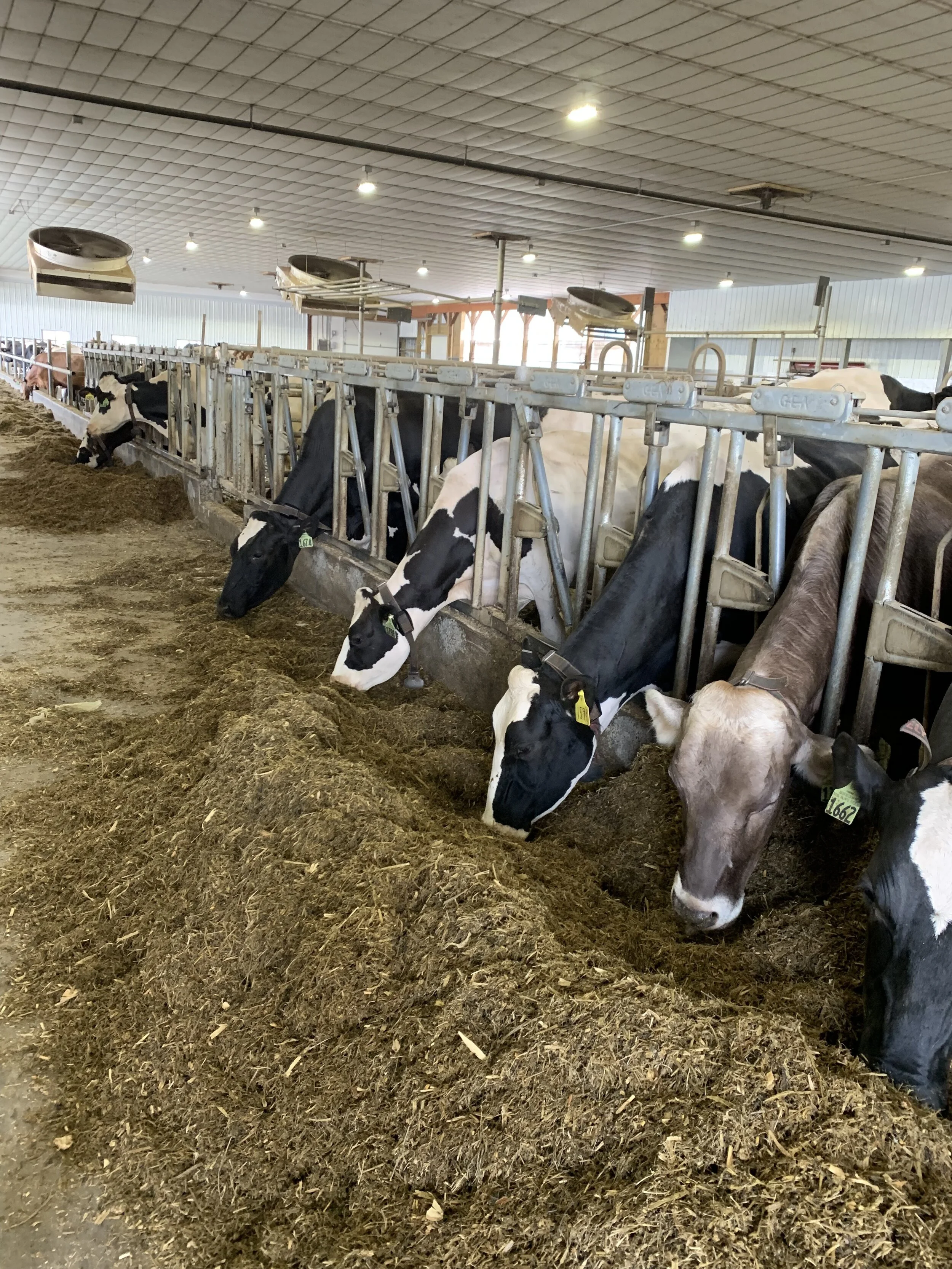Local, free range, plant-based: walk into any grocery store, and it’s clear that sustainability is having a moment. More and more consumers are demanding transparency around the origins of their food, wanting to know how their food was made and under what conditions. While there are clear environmental components of sustainable agriculture -- increasing biodiversity, minimizing pollution, preserving nutrients in soil, to name a few -- many experts also include economic and social health in their definitions of sustainability. An action that bankrupts the farmer is not sustainable; an action that fails to meet a community’s needs is not sustainable. In the Genesee Valley, where dairy farms are struggling due to low milk prices, trade disputes, and climate change, the farming community has been at the forefront of developing sustainable solutions that not only aim to secure the futures of their farms but also the sustainability of their communities.
Noblehurst Farms
Noblehurst Farms.
Noblehurst Farms in Linwood has long been a leader in sustainability in the region, building their first anaerobic digester in 2001 and even being featured on the EPA website for their work. This first digester turned manure from dairy cows into biogas and eventually electricity, reducing the farm’s energy costs and diminishing the smell of manure. In 2013, Noblehurst built a second, bigger digester so that they could also turn food waste into biogas. This digester produces more electricity for the farm and diverts 500 tons of organic waste from landfills per month. It also provides an additional revenue source for the farm, with organizations from Wegmans to RIT upcycling their non-donatable food scraps via the digester, making the digester economically viable.
This second digester created so much electricity that Noblehurst decided to expand their operation and create Craig’s Creamery, a joint venture between eight upstate New York dairy farms that produces a variety of cheeses under the company’s label. Craig’s Creamery is run entirely on renewable energy from the digester. According to Chris Noble of Noblehurst Farms, choosing to spearhead Craig’s Creamery just made sense: “With a rise in consumer interest in locally grown foods and sustainability we thought the time was right to begin telling our story by using our milk to create our own dairy-based products and brand… [We are] an area with a rich heritage of producing high quality foods, but for many years we just simply sold our food as a commodity to be put into other brands and products.” Noblehurst’s collaborative approach is helping to ensure the community as a whole is sustainable from both an economic and environmental perspective.
Mulligan Farm
Forrest Watson at Mulligan Farm.
One of the farms in the Craig’s Creamery partnership, Mulligan Farm in Avon, has committed to sustainability by ensuring that their land remains farmland for generations to come. 640 acres and nine buildings on the land are now historical landmarks, while 1,200 acres are protected under a conservation easement. Forrest Watson, whose family owns Mulligan Farm, has committed to no-till farming. Soil tilling is one of the largest contributors of soil erosion and degradation, and the earth is currently losing about 23 billion tons of fertile soil per year. No-till farming was standard before the Agricultural Revolution in Europe but fell out of fashion as plows became more common. By not tilling the soil, Watson can reduce soil erosion, increase organic soil matter through the use of cover crops, and prevent his machines from sinking into the soil so much during planting, harvesting, and fertilizing. The untilled land is less dense and compacted than tilled land would be, so soil can infiltrate rainwater much more quickly, promoting efficient irrigation and decreasing pollution runoff into nearby waterways. Through his no-till practice, Watson is leaving his family farm in better shape for future generations.
Butter Meat Co.
Jill Gould in the Butter Meat Co. store on Perry’s Main Street.
On Perry’s Main Street, Jill Gould has opened Butter Meat Co., a shop selling beef from retired organic dairy cows from Har-Go Farms, which has been in her husband Stephen’s family for generations. A graduate of Cornell University College of Agriculture and Life Sciences and a former produce sourcer for WalMart and supply chain manager for Blue Apron, Gould learned that meat from organic dairy cows was being sold in conventional markets, mixed in with feedlot beef. Knowing the work that went in to raising Har-Go’s organic cows, cows free of hormones and pesticides, Gould disliked seeing their meat sold for low prices to conglomerates operating hundreds of miles away. By processing the cows in a certified organic facility and selling the beef to local consumers, Butter Meat Co. provides an additional revenue stream for dairy farmers in the Genesee Valley and offers a high-quality organic product to customers. While a beef cow, usually slaughtered at around two years old, provides about 600 pounds of meat, a dairy cow, processed between the ages of five and seven, can produce 80,000 pounds of food, including milk, butter, and cream in addition to meat. Gould hopes to expand the business and include cows from other western New York dairy farms in the future.
The Future Generation of Sustainable Farmers in the Genesee Valley
Megan Burley at her family’s farm, Burley Berries & Blooms.
In 2019, the Perry school system created a position for an agriculture instructor, the first such position in the school for 28 years, and hired Megan Burley, the owner of Burley Berries & Blooms, for the position. Burley teaches seventh and eighth graders topics ranging from vertical integration to how to process chickens. The Perry school recently won a grant from the New York State Farm-to-School Program, a project attempting “to strengthen local agriculture, improve student health, and promote regional food systems awareness.” If the school cafeteria sources 30% of their food purchases from New York farms, the state reimbursement increases to $.30 a meal, up from the usual $.06 a meal. According to Burley, “The NYS Farm-to-School project, I think, is a great way to encourage sustainable farming. Schools provide a constant market for farmers’ product, thus making them economically viable. Economic viability creates a healthy farm community. The classroom component gives us the ability to talk about the ecology found on farms and what we can do to minimize waste.” Even Burley’s students who do not end up farmers, then, will still understand where their food comes from as consumers and have awareness of sustainable farming techniques.
Farmers in the Genesee Valley, whether by inventing new technology or resurrecting old techniques, are leading the charge in sustainable practices and are paving the way for the next generation of farmers to continue the effort.





